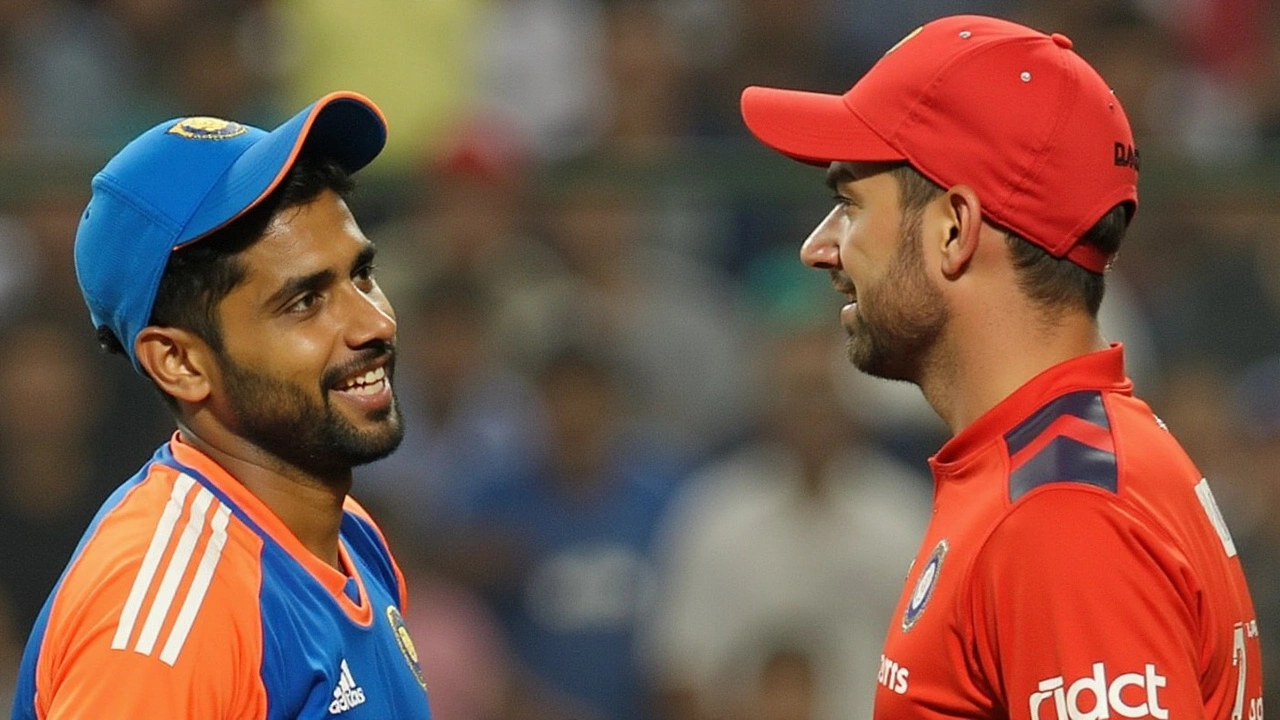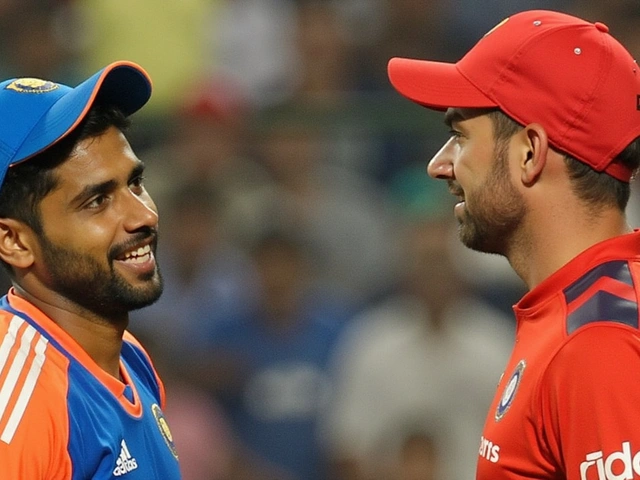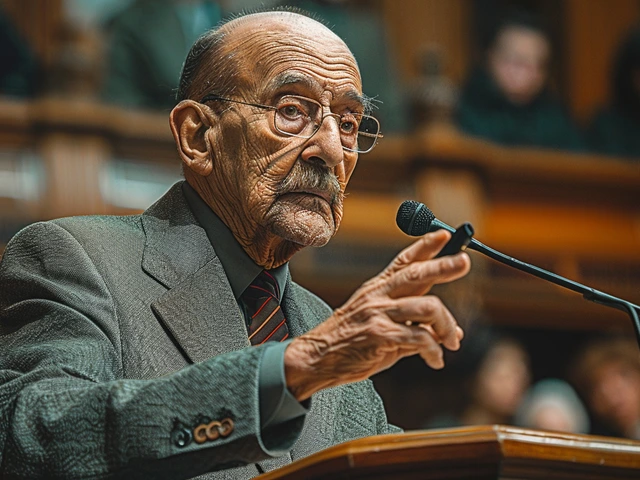
Controversy Strikes as Harshit Rana Replaces Shivam Dube
The recent T20I match between India and England was not only a spectacle of cricketing prowess but also the center of a brewing controversy regarding concussion substitutions. England's captain, Jos Buttler, openly criticized India's move to bring in pace bowler Harshit Rana as a substitute for all-rounder Shivam Dube, who suffered a head injury during the game. With the cricketing community keenly observing, the decision ignited discussions about the nuanced application of concussion protocols in modern-day cricket.
The Incident
During the critical fourth T20I of the series, Shivam Dube found himself on the receiving end of a blistering 141.5kph delivery from England's Jamie Overton. The ball struck Dube's helmet, and as safety protocols demand, Dube was required to leave the field for a mandatory concussion evaluation. Subsequently, India's choice to request Harshit Rana as a replacement set the stage for a contentious debate. Many, including television commentators like Kevin Pietersen and Nick Knight, noted the striking difference in skillsets between Dube, an allrounder, and Rana, a specialist pace bowler, thus questioning whether the substitution adhered to the intended 'like-for-like' protocol.
Buttler's Perspective
Expressing his concerns, Jos Buttler highlighted the lack of resemblance in playing roles between Dube and Rana. Buttler pointed out that the substitution decision was made solely by the match referee without prior consultation with the England team, leaving them dissatisfied with the process. His humour-laden comment about either Dube enhancing his bowling speed dramatically or Rana elevating his batting capabilities underscored the inconsistency in the swap.
Buttler acknowledged that while this substitution was not the deciding factor in England's defeat, it prompted the need for transparency and clarity in substitution rulings, especially concerning concussion protocols. To further cement his point, Buttler referenced India's bench strength, particularly naming Ramandeep Singh as a more suitable option given his similar all-round capabilities to Dube, thereby adhering more closely to the intended substitute criteria.
India's Justification
Facing scrutiny, India's assistant coach Morne Morkel provided insight into the decision-making process behind offering Rana as the substitution. According to Morkel, despite Dube displaying mild concussion symptoms, the Indian team felt confident in Rana's potential to impact the game positively. Upon inclusion, Rana delivered a compelling performance, notably securing the crucial wicket of Liam Livingstone, an act that bolstered India's strategic position in the match.
Rana, taking the opportunity on his T20I debut, shared how he was informed about his role midway through the chase and leveraged his experience in high-pressure situations from the Indian Premier League (IPL) to bolster his contribution to the team. The situation revealed the complexities teams face in rapid decision-making during high-stakes matches, prompting a call for a clear interpretation of rules to avoid any future disputes.
The Debate on Concussion Protocols
The incident with Harshit Rana has spurred a wider discourse on concussion rules within cricket. The sport, known for its adherence to fair play and clear-cut rules, faces the evolving challenge of integrating medical safety with competitive fairness. The landmark decision to allow concussion substitutes offers teams a safety net to protect players, but it also necessitates unequivocal guidelines to maintain competitive integrity.
In light of this incident, stakeholders within cricket, including governing bodies, teams, and commentators, are advocating for refined regulatory frameworks. These would ensure that substitutions do not inadvertently tilt the balance of a game while safeguarding players' health. It is an evolving dialogue that continues to mold cricket into a sport that is as much about compassion as it is about competition.
Looking Ahead
As the T20 series marches forward, the cricketing world watches keenly to see if the contention over substitution policies will lead to concrete changes in the near future. The discussions between cricket authorities and teams are likely to shape the next phase of concussion protocol evolution, potentially affecting future ICC mandates. The apparent consensus is that clarifying the nuances and boundaries of concussion substitutions will contribute to the sport's integrity and, more importantly, its players' safety.
This moment in the T20 series is a reminder of the dynamic nature of cricket, constantly adapting to new challenges while aiming to preserve its fundamental ethos of fairness and safety. As debates unfold, fans and players alike eagerly anticipate how these developments may alter the landscape of cricket as we know it.






The moment Harshit Rana walked onto the field, a ripple of whispers started spreading like a secret virus across the stadium. Some fans began to wonder if the concussion protocol was being hijacked by hidden agendas, and I can’t help but feel there’s more to the story than what the broadcasters told us. The fact that a fast bowler replaced an all‑rounder is a red flag that should have set off alarms for anyone paying attention. It feels like the board is playing a high‑stakes game of chess, moving pieces behind a veil of “player safety” while actually shifting the balance of power. Conspiracy theorists love to point out that the match referee made the call unilaterally, without consulting the opposition, which reeks of bias. If you look back at past instances, there have been similar swaps that tilted the odds in favor of the home team, and this pattern is growing louder. The IPL experience of Rana might have been polished for a quick impact, but is that really the spirit of a like‑for‑like substitution? I’m not saying it was a calculated plot, but the sheer coincidence is unnerving. The rulebook mentions “similar role,” yet the board seems to ignore that clause when it suits their narrative. Some insiders hinted that the coaching staff already had a contingency plan involving Rana, waiting for any excuse to bring him in. It makes you question if the concussion protocol is being weaponized as a tactical loophole. The fans deserve transparency because playing politics under the guise of safety erodes trust. Even the commentators were taken aback, and their surprise should be a warning sign. While we all want players to be protected, the execution of that protection must not become a tool for competitive manipulation. The governing bodies need to lay out the criteria in crystal‑clear language, or else we’ll keep seeing these murky decisions that leave the cricket world baffled. In sum, the substitution feels like a smokescreen that hides a deeper strategic maneuver, and it deserves a thorough audit before it becomes the new normal.
Great point about the need for clear guidelines. The concussion rule should be applied consistently to keep the game fair for everyone. Let’s hope the ICC reviews the policy soon.
When we consider the essence of sport, safety and competition are two sides of the same coin. A substitution that disrupts that balance invites philosophical debate. If the rule is meant to protect, it must also protect the integrity of the match. The paradox lies in using a safety measure as a tactical lever. Such contradictions deserve deeper reflection.
Absolutely love the energy here!!! 🎉 The idea of clear rules is key; we all want a level playing field 😎. Thanks for breaking it down so nicely!! 🙏
Let’s keep the conversation constructive and supportive!!!
Ah, the classic "we’re just following the rulebook" excuse. Sarcasm aside, it’s funny how the rulebook seems to have a flexible clause for home teams. Maybe next time they’ll swap a spinner for a wicket‑keeper and call it “like‑for‑like”. The irony isn’t lost on anyone who’s watched the game closely. It’s almost as if the rule was written after the fact to justify whatever decision is convenient.
What a pathetic excuse for a substitution!
Oh man, I just saw the clip and thought it was a movie stunt. The pace of that decision was wild. Still, gotta give credit to the medical crew for being on top of things.
True, the medical team did their job, but the tactical impact can’t be ignored.
Listen up, cricket fam! This whole scenario is a textbook case of rule‑bending at its finest. The jargon around "concussion substitution" is being weaponized, and we need to call it out. Let’s rally for clarity and keep the game’s soul intact!
The ICC must enforce stricter standards. Anything less is simply unacceptable.